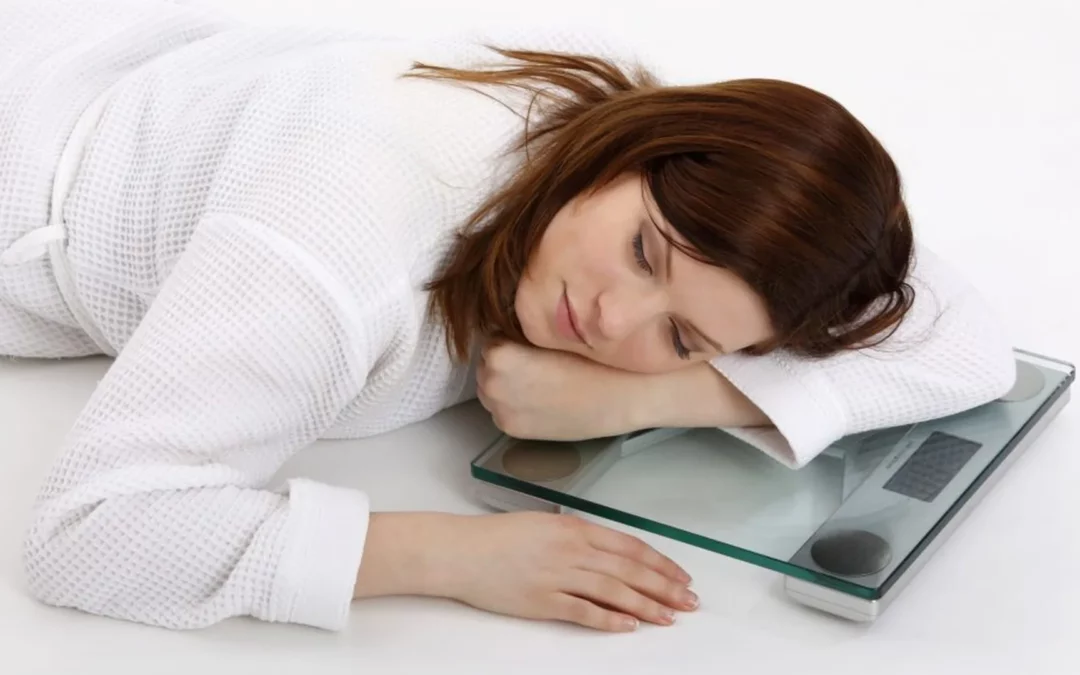
by Audra Starkey | Jan 8, 2019 | Nutrition, Sleep
As we close the door on yet another year, I have to ask – “is one of your New Year’s resolutions to lose weight?” As a shift worker immersed in a sleep disrupted lifestyle, I’d say the chances of you replying to that question with a...

by Audra Starkey | Jan 4, 2018 | Nutrition, Sleep
As we close the door on yet another year (seriously how fast did 2017 go!), and head into a brand spanking new one, it’s only fitting that we become inundated with a never-ending plethora of “diets” that promise to help shed those unwanted...

by Audra Starkey | Feb 16, 2017 | Uncategorised
I think we can all agree that night shift is pretty tough, actually let’s not sugar coat it, it’s incredibly tough. Considering human beings, or more specifically shift workers, are the only creatures on the planet to completely disobey their biological...

by Audra Starkey | Jan 2, 2017 | Nutrition
As we say goodbye to another year and welcome in the arrival of a new one, the words “New Years Resolution” and “Weight Loss” seem to go hand in hand with one another … each and every year. But why is it that so many people struggle to...

by Audra Starkey | Jan 4, 2016 | Nutrition
When it comes to New Year’s Resolutions, weight loss would have to top the charts hands down – every single year, every single time. But when you’re a shift worker – achieving this goal can become even harder to reach. In fact you probably go...





